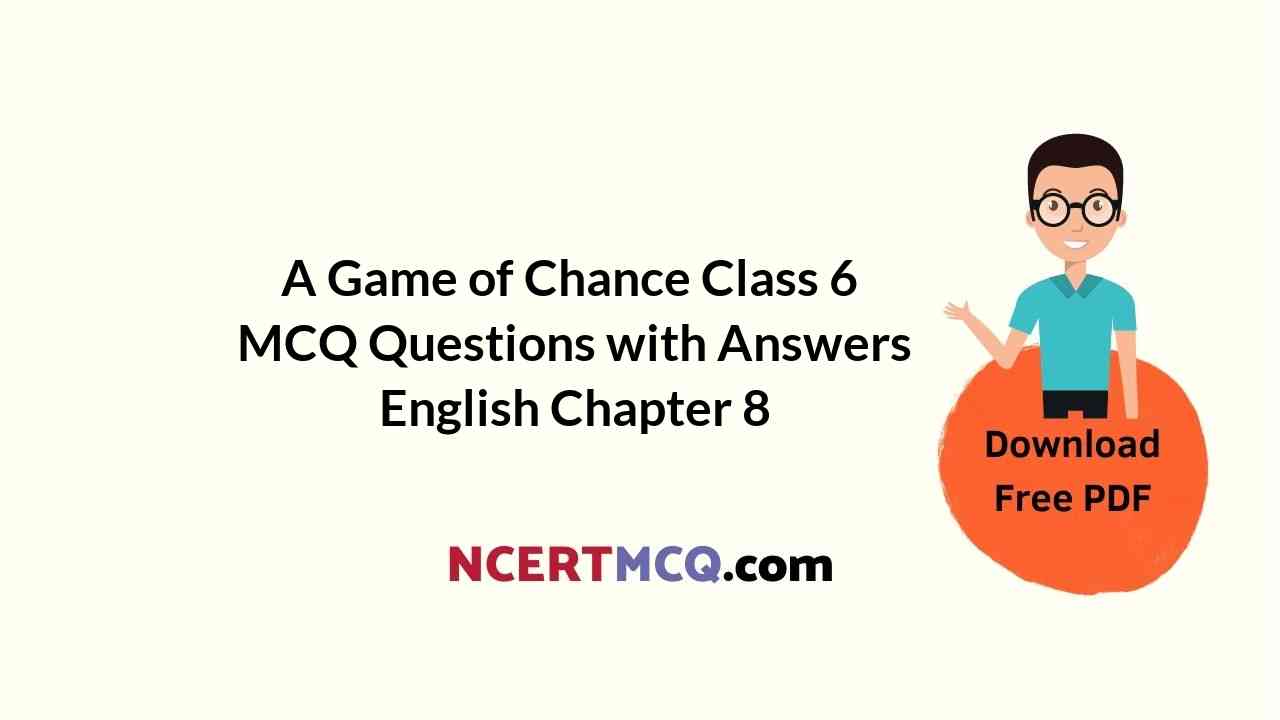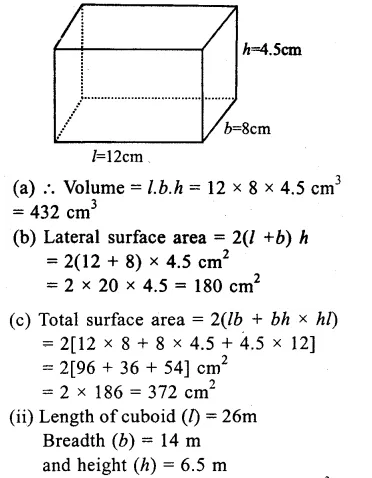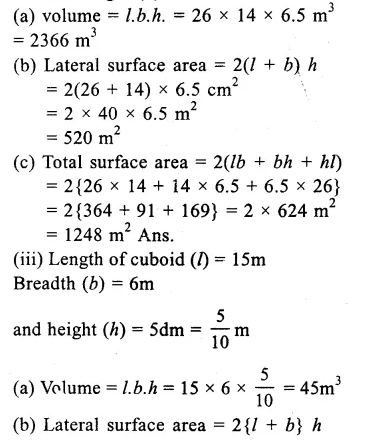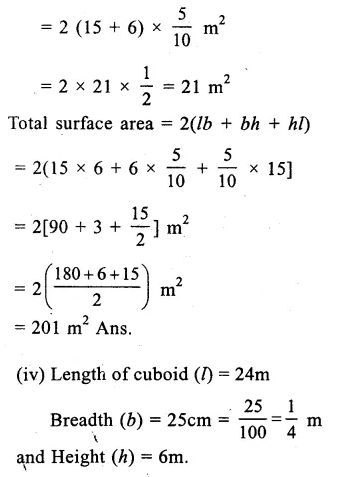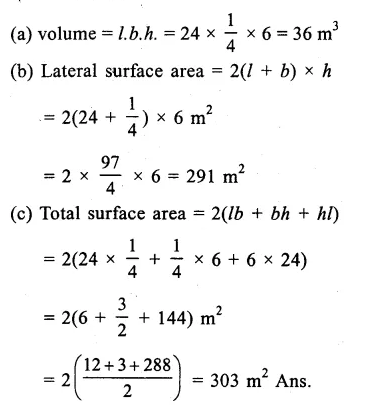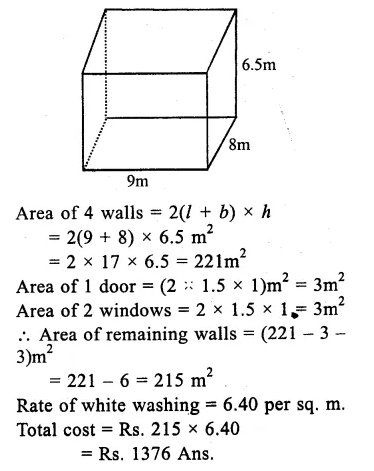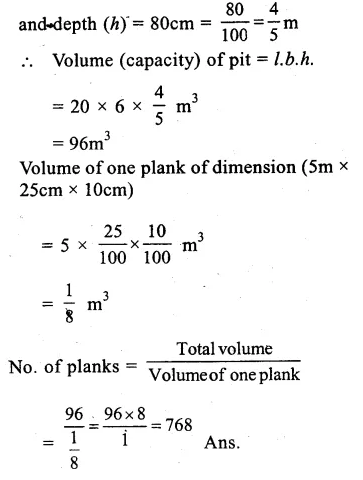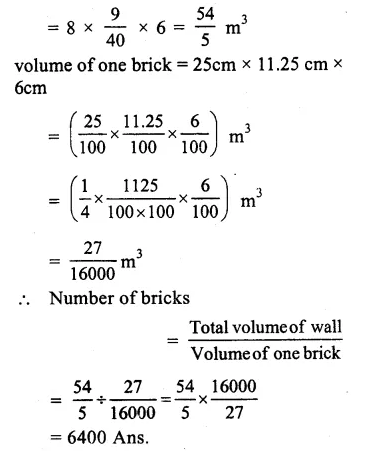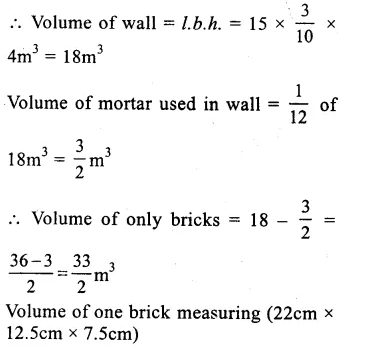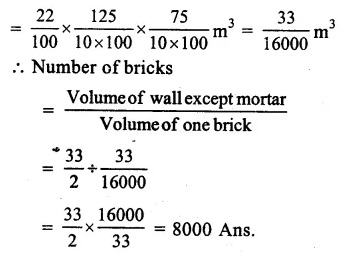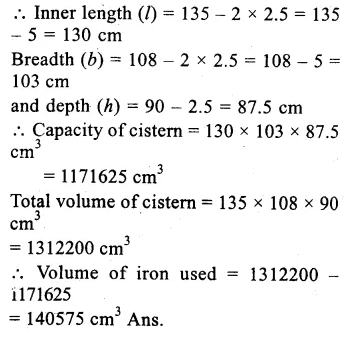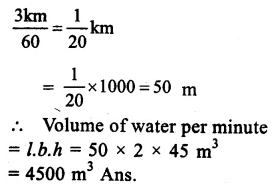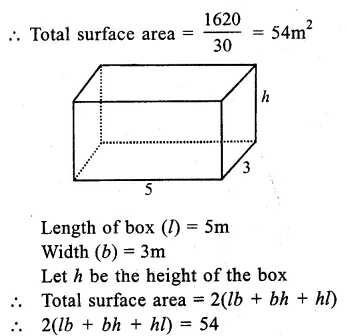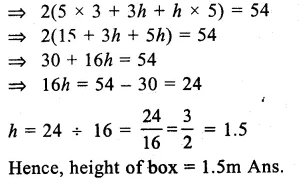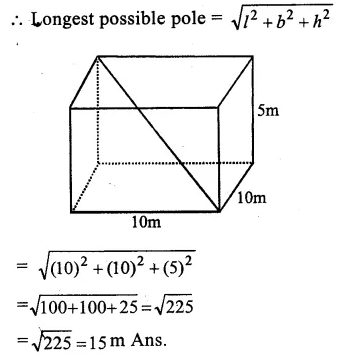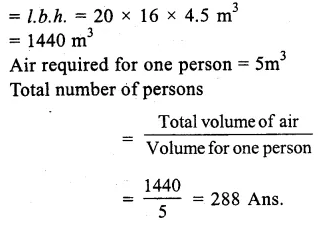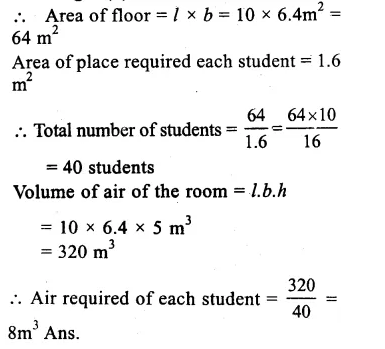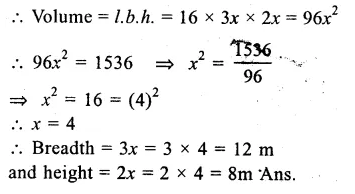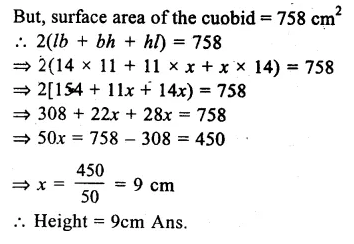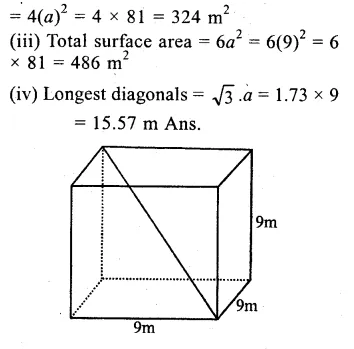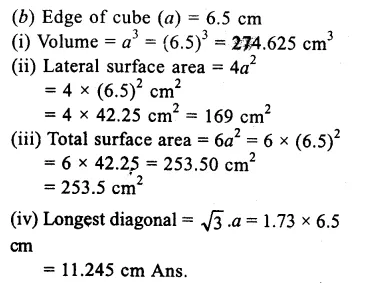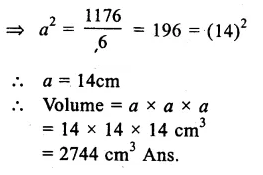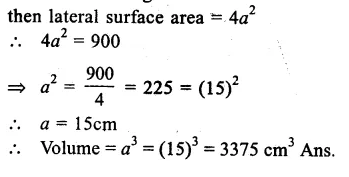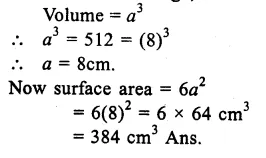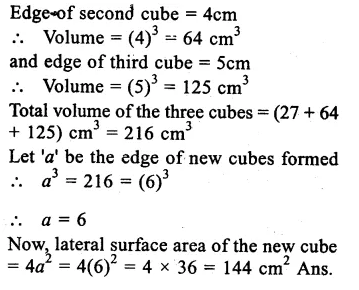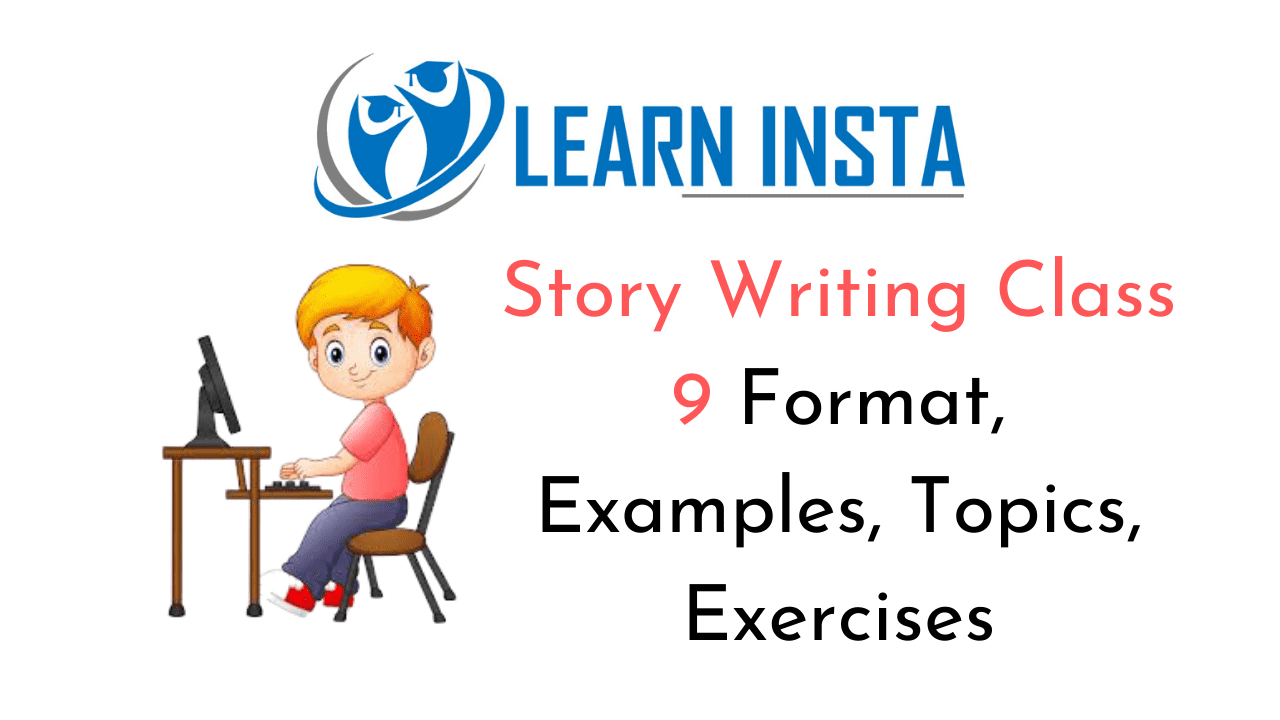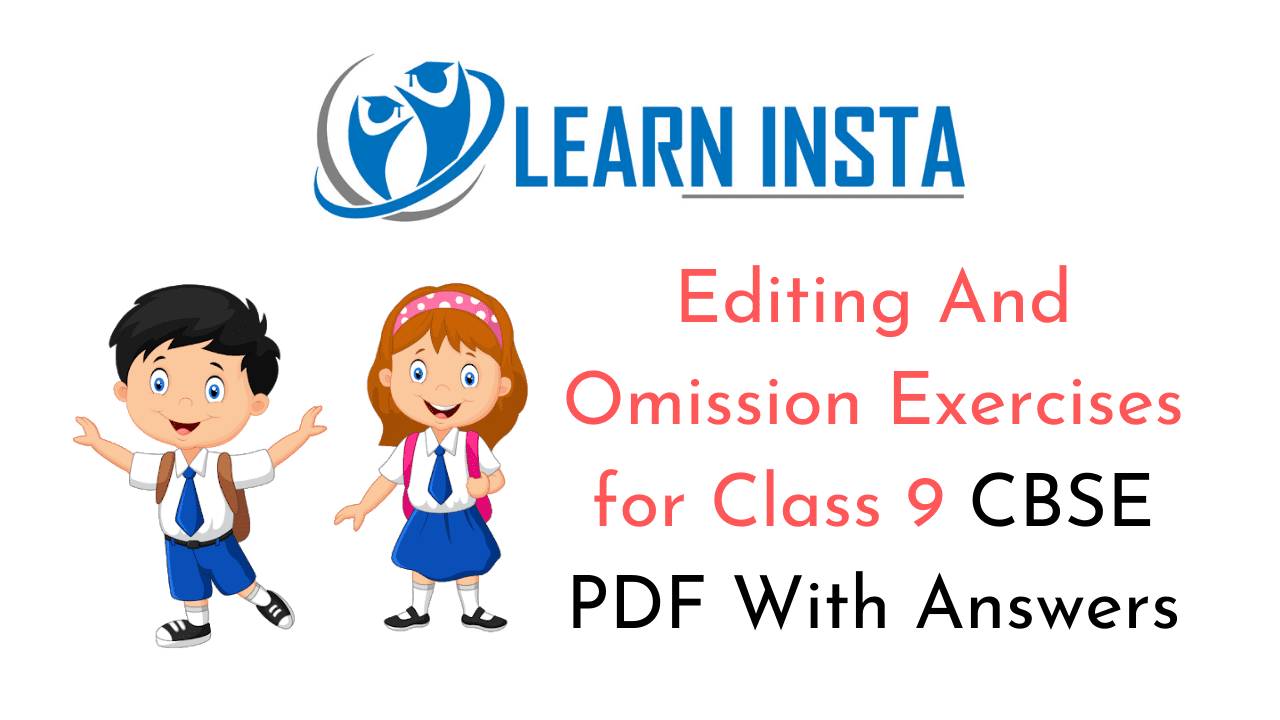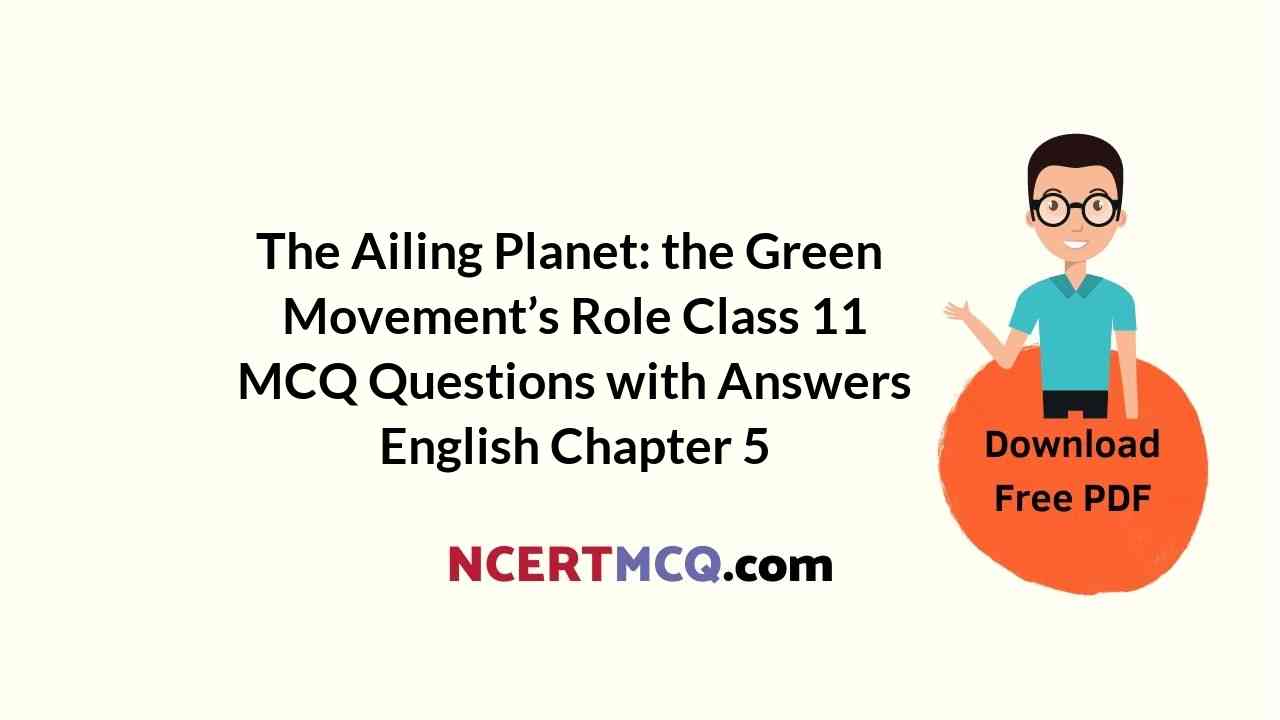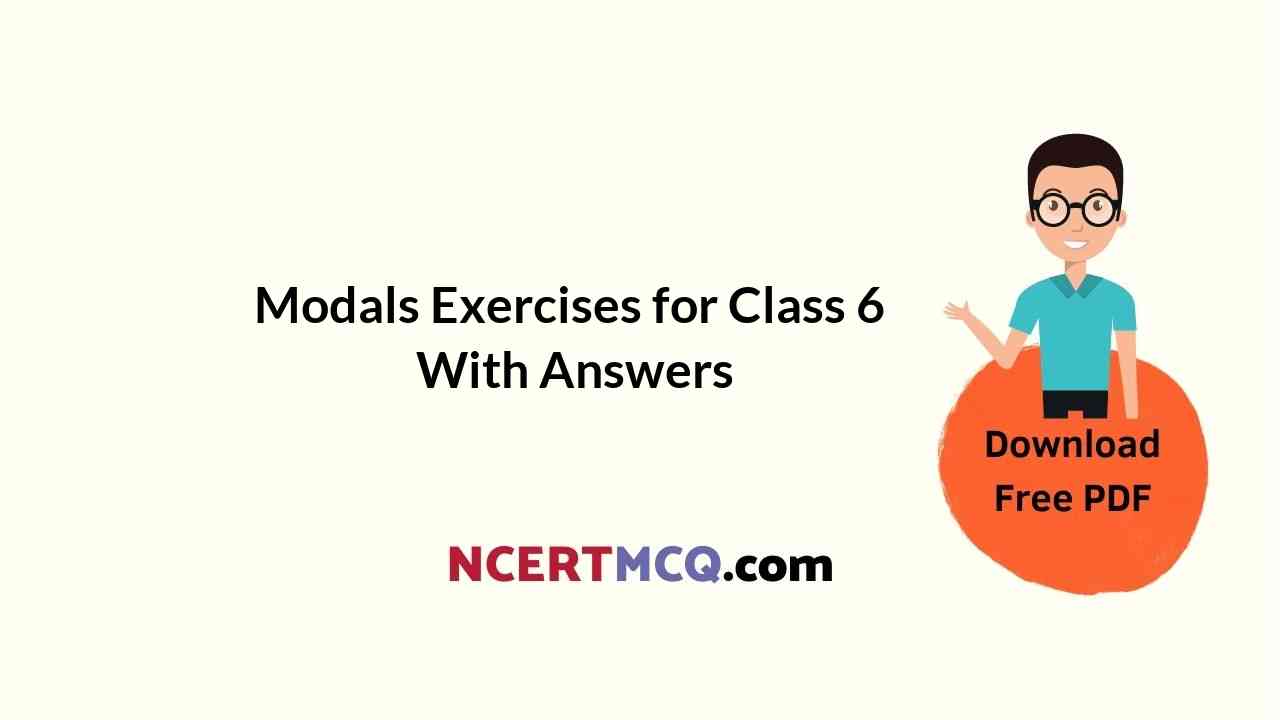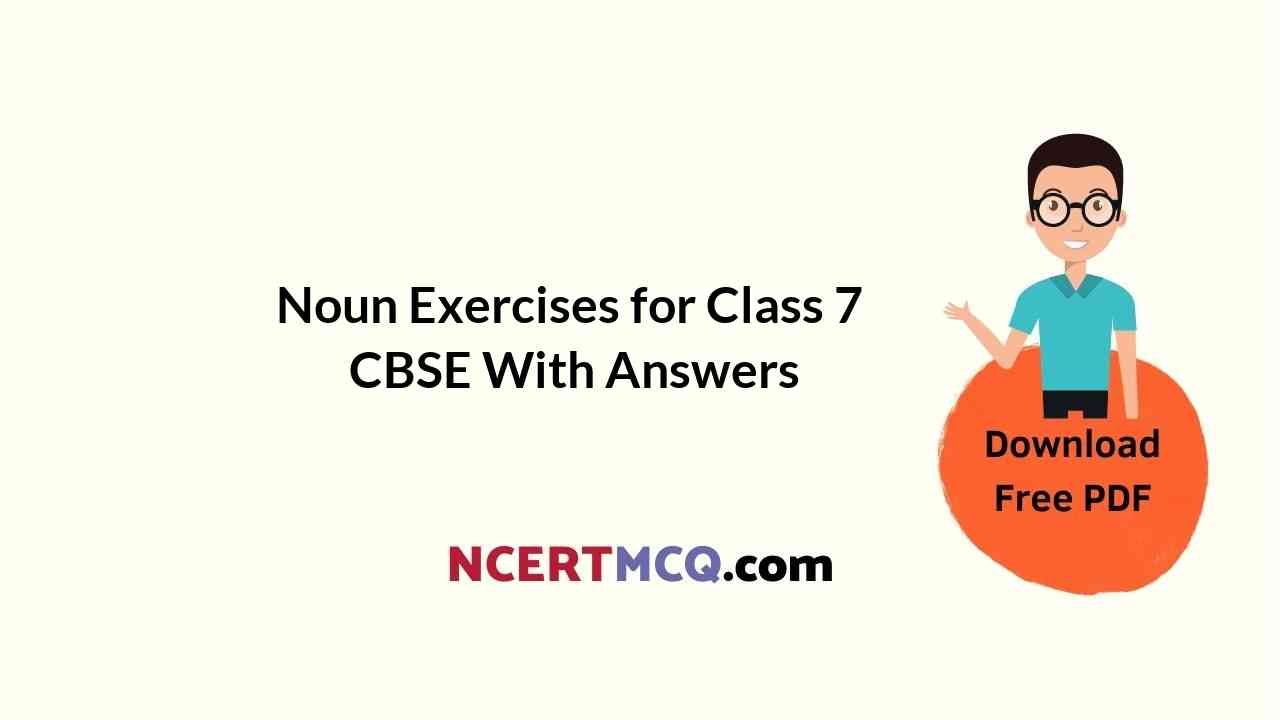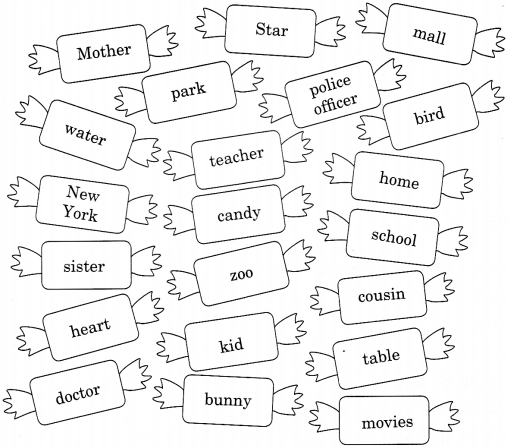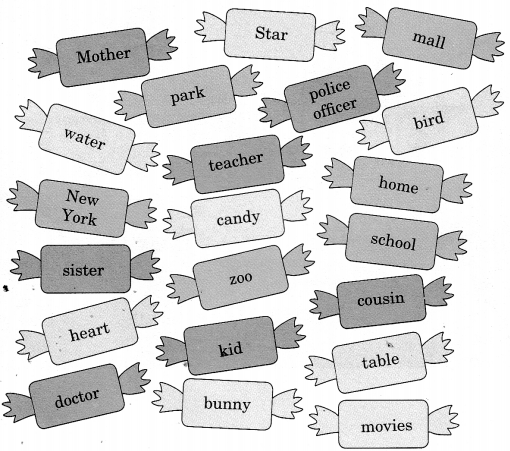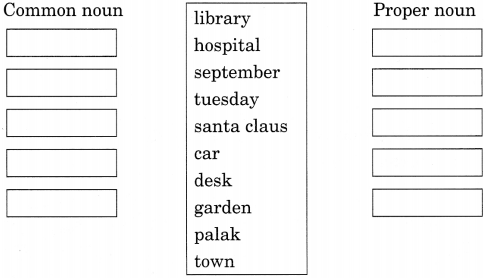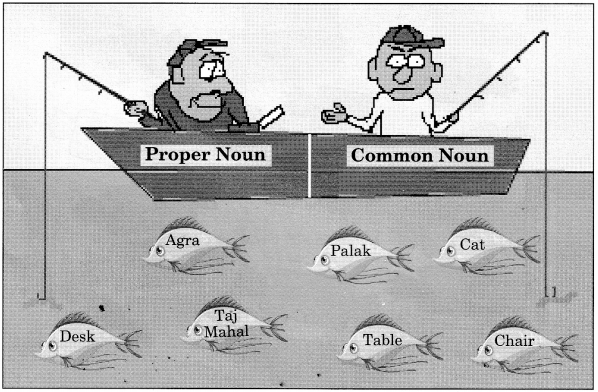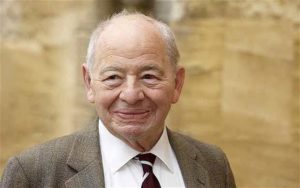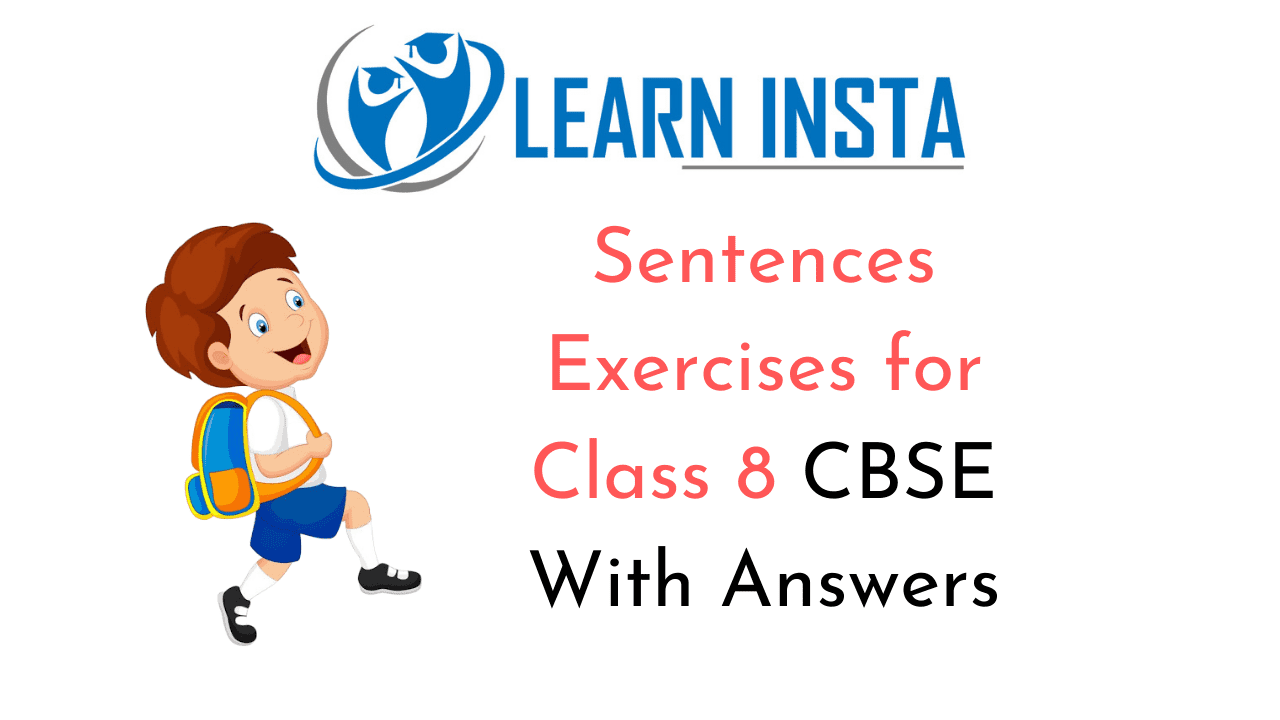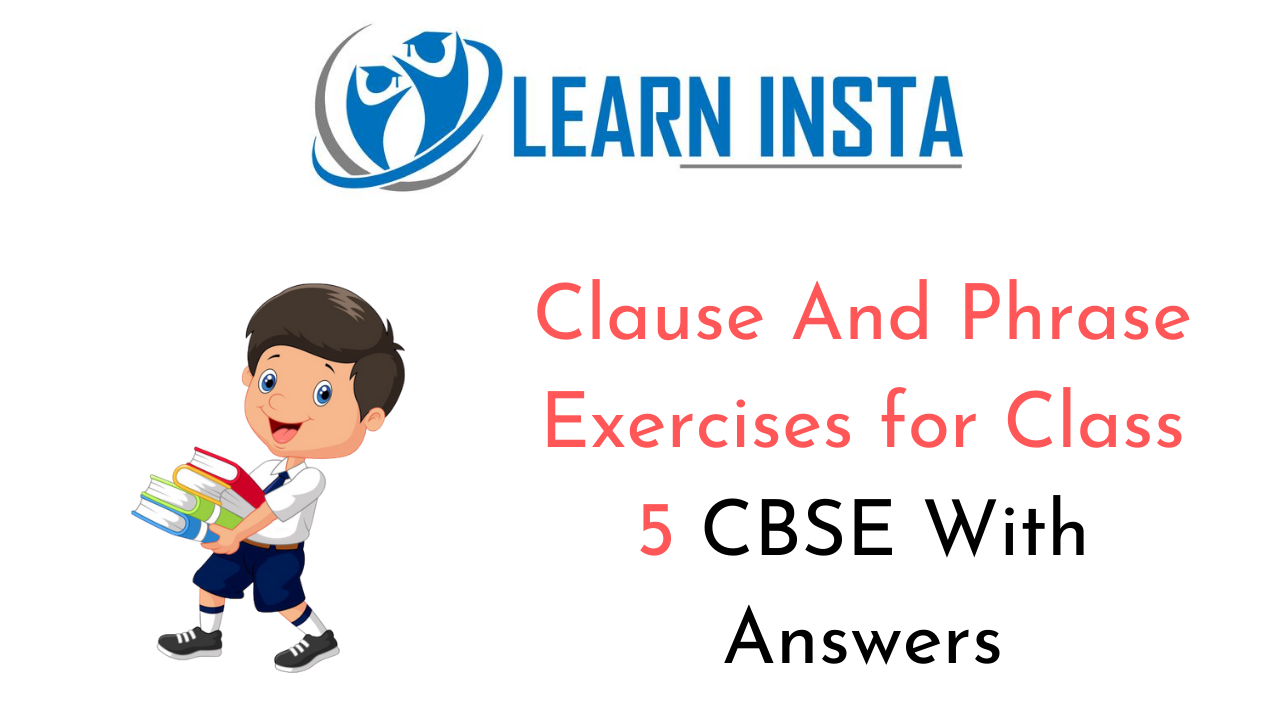
This grammar section explains Online Education English Grammar in a clear and simple way. There are example sentences to show how the language is used.
Online Education for Clause and Phrase Exercises for Class 5 CBSE with Answers PDF
Fundamentals
A clause is defined as a group of related words which forms part of a sentence and contains a subject and predicate (verb). For example: he came. A phrase is defined as a group of related words does not contain a subject and a verb.
For example:
- on the table.
- Example He is standing near a wall.
(Clause) (Phrase)
There are two major types of clauses main (or independent) clause and subordinate (or dependant) clause. A sentence may have one clause or two clauses. A sentence with two clauses is linked by a conjunction – if, but, because, so, although, before, when, while, wherever
For example:
- I met the boy who had helped me.
- Main Clause Dependent Clause
Mohan is buying a watch which looks very nice.
The above sentence has two clauses “Mohan is buying a watch” and “which looks very nice”. The clause “Mohan is buying a watch” expresses a complete thought and can alone stand as a sentence. Such a clause is called main or independent clause. While the clause “which looks very nice” does not express a complete thought and can’t stand as a sentence. It depends on another clause (main clause) to express complete idea. Such a clause is called subordinate or dependent clause.
Presentation
Read the picture story.


A. Answer the following questions from the story above.
1. What is Ria’s mother planning for her daughter? ___________
2. Why does Ria’s teacher complain about her? ___________
3. Why does Ria’s mother let her join the handwriting classes? ___________
B. Read the story again and identify whether the following group of words is a clause or phrase.
1. Ria’s mother is planning handwriting improvement classes. ___________
2. in the summer vacation ___________
3. for her daughter ___________
4. Ria has a poor handwriting. ___________
C. Identify the main and dependent clause in the following sentences of the story.
1. Her school teacher complains about her because handwriting cannot be understood.
2. She gets a teacher who is taking classes in the summer vacation.
3. Ria’s mother lets her join the handwriting classes so that she can write neatly.
Phrases And Clauses Exercises With Answers For Class 5 CBSE PDF
A. Pick out the clause and phrase from the following sentences. The first one has been done for you.
1. He is laughing at a joker.
He is laughing – Clause
at a joker. – Phrase
2. She is making tea for the guests.
___________________
___________________
3. I saw a girl with blue eyes.
___________________
___________________
4. He always behaves in a strange way.
___________________
___________________
5. The boy in the red shirt is my cousin.
___________________
___________________
6. The boy, with a book in his hand, won a prize.
___________________
___________________
7. He is wearing a nice read shirt.
___________________
___________________
8. The people at the party were dancing.
___________________
___________________
9. The man in the room is our teacher.
___________________
___________________
10. He returned in a short while.
___________________
___________________
B. Underline the clause in the following sentences.
1. He reached school in time.
2. I was standing near a wall.
3. They are singing loudly.
4. She made tea for the guests.
5. He bought a book for his friend.
6. I will meet him in my office.
7. You look handsome in this picture.
C. Read each of the following groups of words and decide if the group of words is a clause or a phrase. Write C for the groups that are clauses and P for the groups that are phrases.
____________ 1. In the rain
____________ 2. When he finished.
____________ 3. Because the movie is over.
____________ 4. Tina screamed.
____________ 5. While he was jogging home.
____________ 6. Over the rainbow.
D. Read the clauses below. If the clause expresses a complete thought, write IC (for Independent Clause) next to it. If the clause does not express a complete thought, write DC (for Dependent Clause) next to it.
____________ 1. Although the day was bright and sunny
____________ 2. Because she is so vain and conceited
____________ 3. I believe in ghosts.
____________ 4. When we reach our destination
____________ 5. He completed his work.
____________ 6. If the recession ever ends
____________ 7. Before the play starts
____________ 8. The cat climbed the oak tree.
____________ 9. While Anu was driving east
____________ 10. She received an “A” Grade in English.
